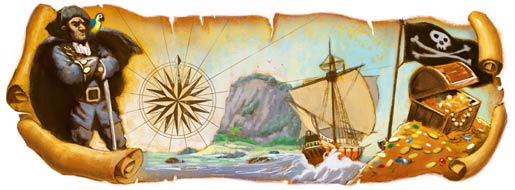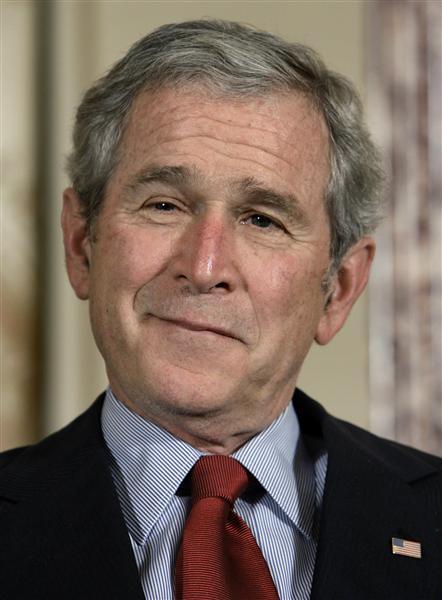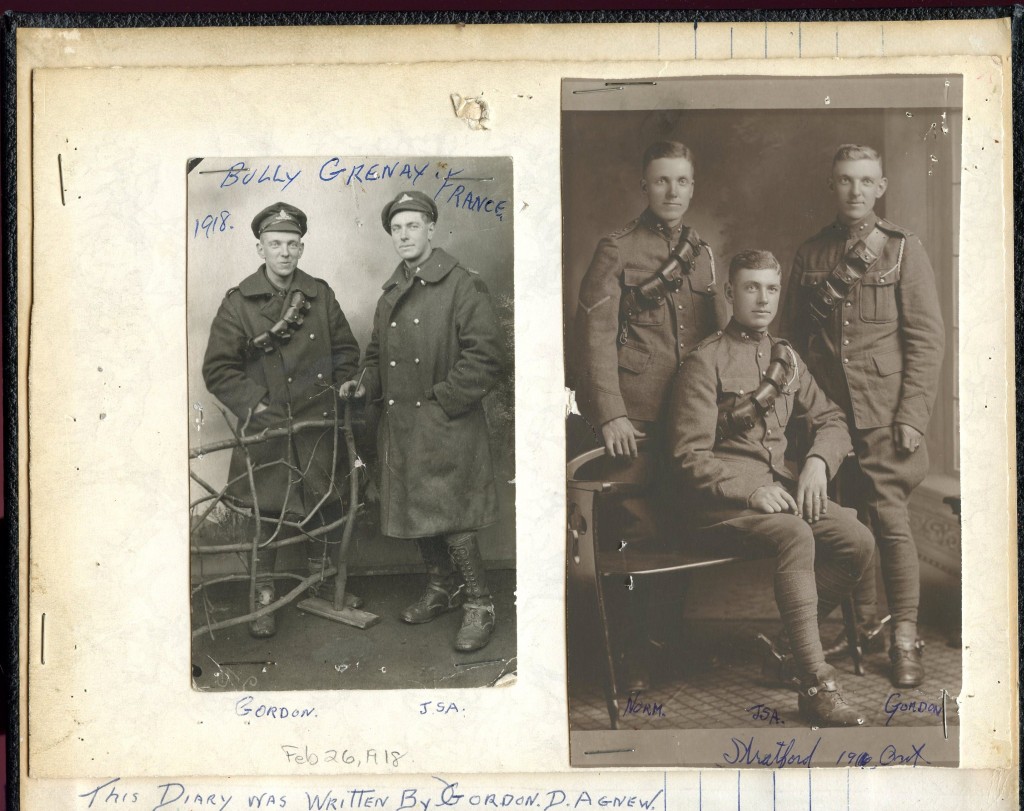httpv://www.youtube.com/watch?v=RcXhEd_mDt4
Amy Miller describes her incarceration, which included threats of rape by police at last June’s G20 summit.
Let’s call it what it is, shall we? How else to characterize a regime that budgeted a billion dollars to hire goons who brutalized and unlawfully detained hundreds of Canadian citizens? According to The Globe and Mail, 10,000 uniformed police were involved, as well as 1,000 “private security.” Private security? Private security forces were unleashed on citizens exercising their constitutional right to free and peaceful assembly? Under what laws was this private security operating? Was it private security operatives or publicly accountable peace officers who were responsible for attacks on citizens? Who provided this private security? How much was this private security paid? What is the liability of this private security for any mischief, damage and harm it might have caused? This is why we need a public inquiry.
Catherine Porter has a report today in The Toronto Star.
A sample:
Sean Salvati was the 10th person to slip behind the skirted table Thursday afternoon. He looked like a guy’s guy — jeans, long-sleeve T-shirt, short brown hair. He’s 32 and works as a paralegal.
He went to a Blue Jays game with four buddies three nights before the G20 summit. On his way out, he passed two police officers. He wished them good luck on Saturday, before hopping into a cab.
The cab made it two blocks before he was “pulled forcefully” out by the same officers and asked about his “suspicious comment.”
After an hour-long interrogation by a growing number of officers, he was arrested for “being intoxicated in a public place.” He’d drunk 31/2 beers over the course of the ball game.
At the station, Salvati said he was violently strip-searched — “they kicked me in the knees, kneed me in the torso, slapped me in the face, dragged me along the floor until my pants and underwear were removed” — and left naked in a holding cell for four hours. He was never permitted to speak to a lawyer. Upon his release, he asked the sergeant for the name of the officers who interviewed him.
“I was told nobody came to interview me. I imagined the entire interview,” he said.
You can find coverage (including video) of the G20 violence by police in posts from last June 28 – 30. (Click on the archive link for June 2010 in the right hand menu column.)
(Thanks to Ross Belot for the tip)








